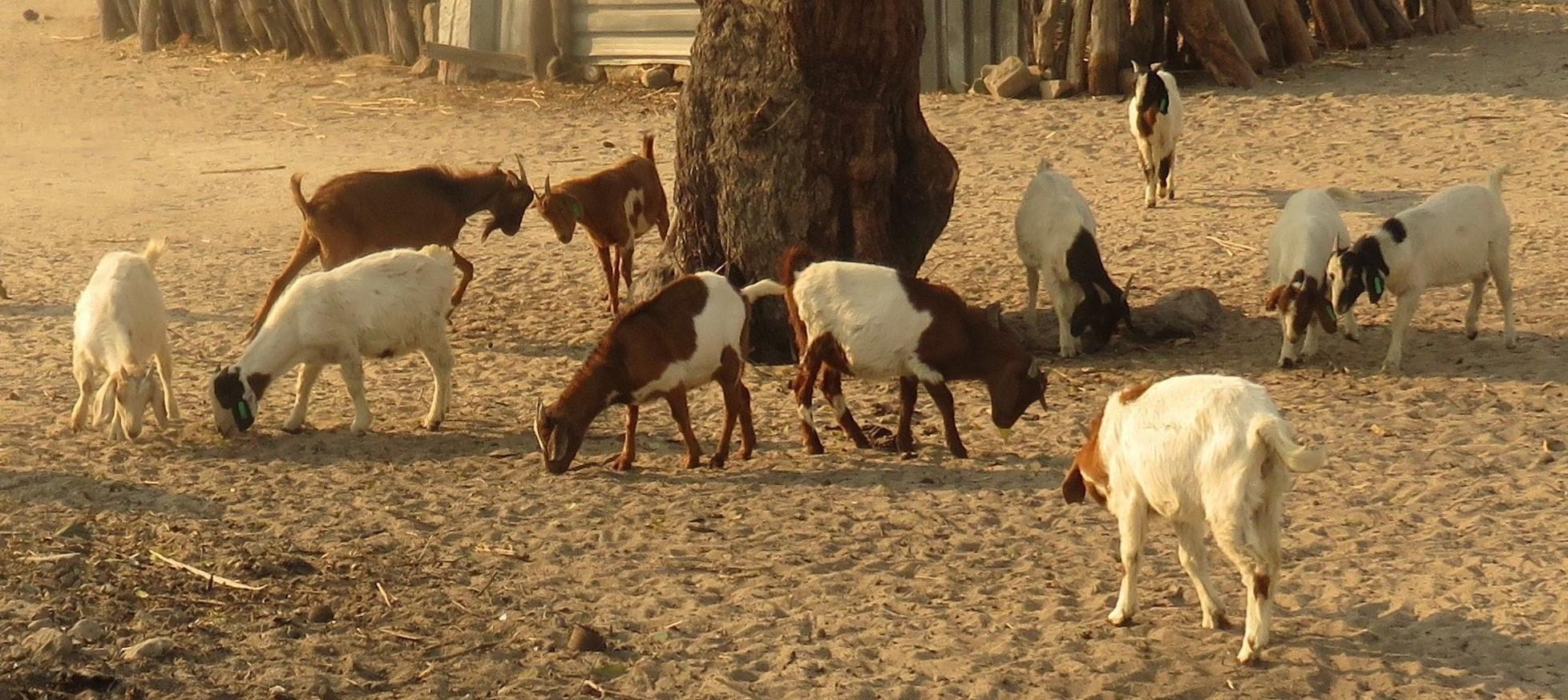The government has identified the media as the key partner in national efforts to address climate change, says an official in the Ministry of Environment and Tourism.
Sion Shifa, who deals with climate change issues in the ministry, made these remarks at a one-day media training on reporting climate change held in Windhoek recently.
Shifa said climate change is one of the pressing environmental challenges facing Namibia and has the potential to reverse the country’s achievements.
“The national policy on climate change calls on the media to play a key role to inform the public regarding climate change,” he said.
The training, hosted by the environment ministry, in collaboration with the United Nations Development Programme (UNDP) and key developmental partners, is part of a series of stand-alone validation meetings, held for the whole of last week, focusing on strengthening climate action, biodiversity conservation, land restoration and sustainable finance in Namibia, with financial support from UNDP’s global Climate Promise initiative.
This initiative provides five technical areas of support to help more than 140 countries and territories to take bold actions to reduce their emissions, increase their resilience to climate impacts and support sustainable development priorities.
The training was attended by about 15 local journalists, communicators and producers. The main aims and objectives of the training was to equip journalists and media professionals with specialised skills on reporting climate change, ensuring improved public engagement and policy communication.
Shifa said the fight against climate change in Namibia needs collective efforts and the media is one of the key stakeholders.
Participants were also enlightened on how Namibia is vulnerable to the negative impacts of climate change, what the country has done to address climate change at the national level, on what climate change reporting is and why it is important, and challenges facing journalists when reporting on climate change issues.
During discussion sessions, some participants were concerned that many media houses do provide enough budgets for journalists to cover environmental issues, while many journalists are not afforded the opportunities to attend and report on international climate change conferences, such as the annual Conferences of Parties, where they can compare notes with journalists from other parts of the world.
It was also pointed out by participants that journalists are increasingly finding it hard to get information on climate change and other environmental issues from the Ministry of Environment and Tourism due to bureaucracy.
Participants were also given tips for when reporting on climate change issues
Stay informed with The Namibian – your source for credible journalism. Get in-depth reporting and opinions for
only N$85 a month. Invest in journalism, invest in democracy –
Subscribe Now!










